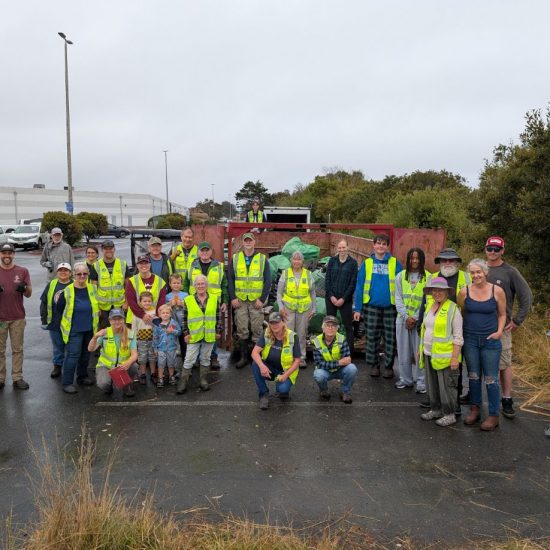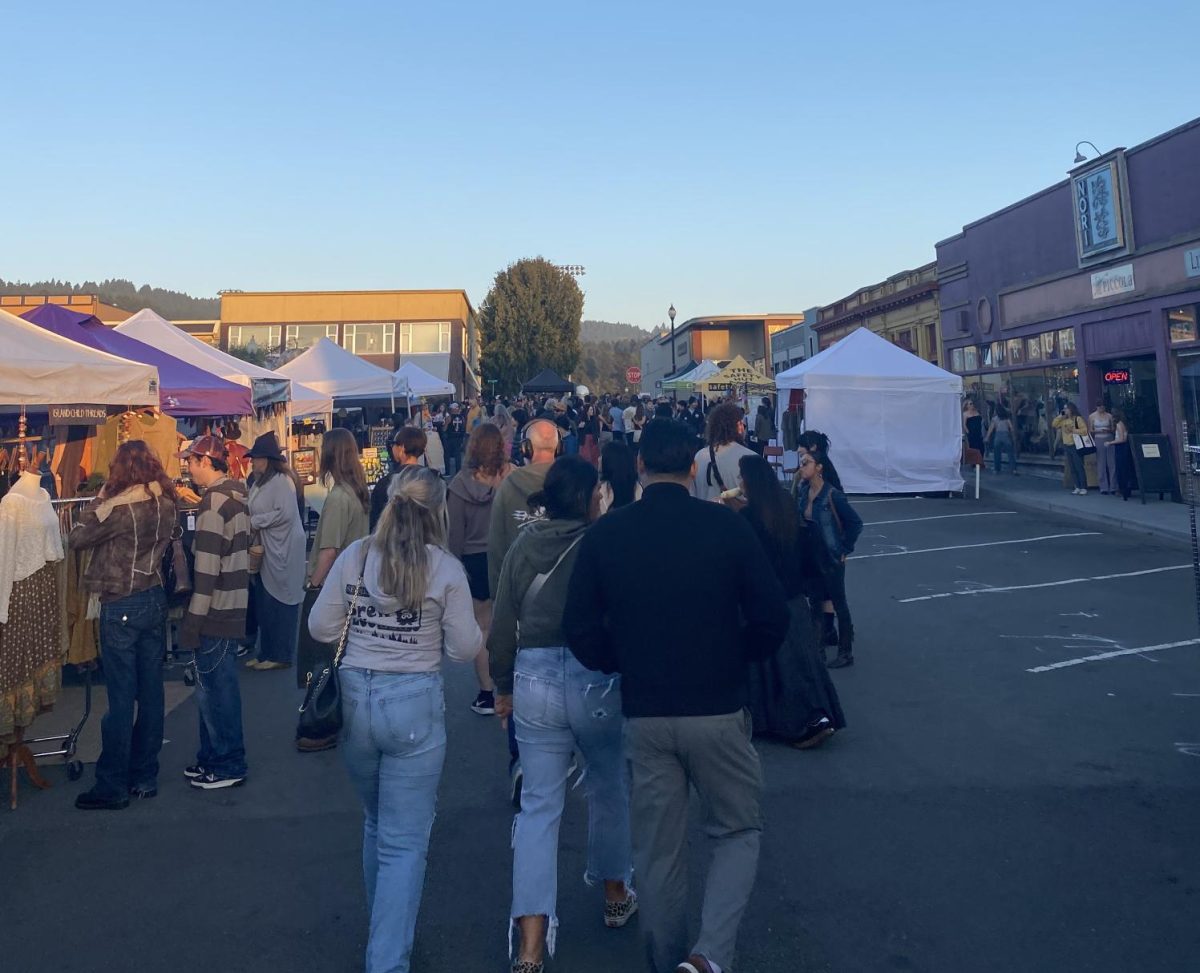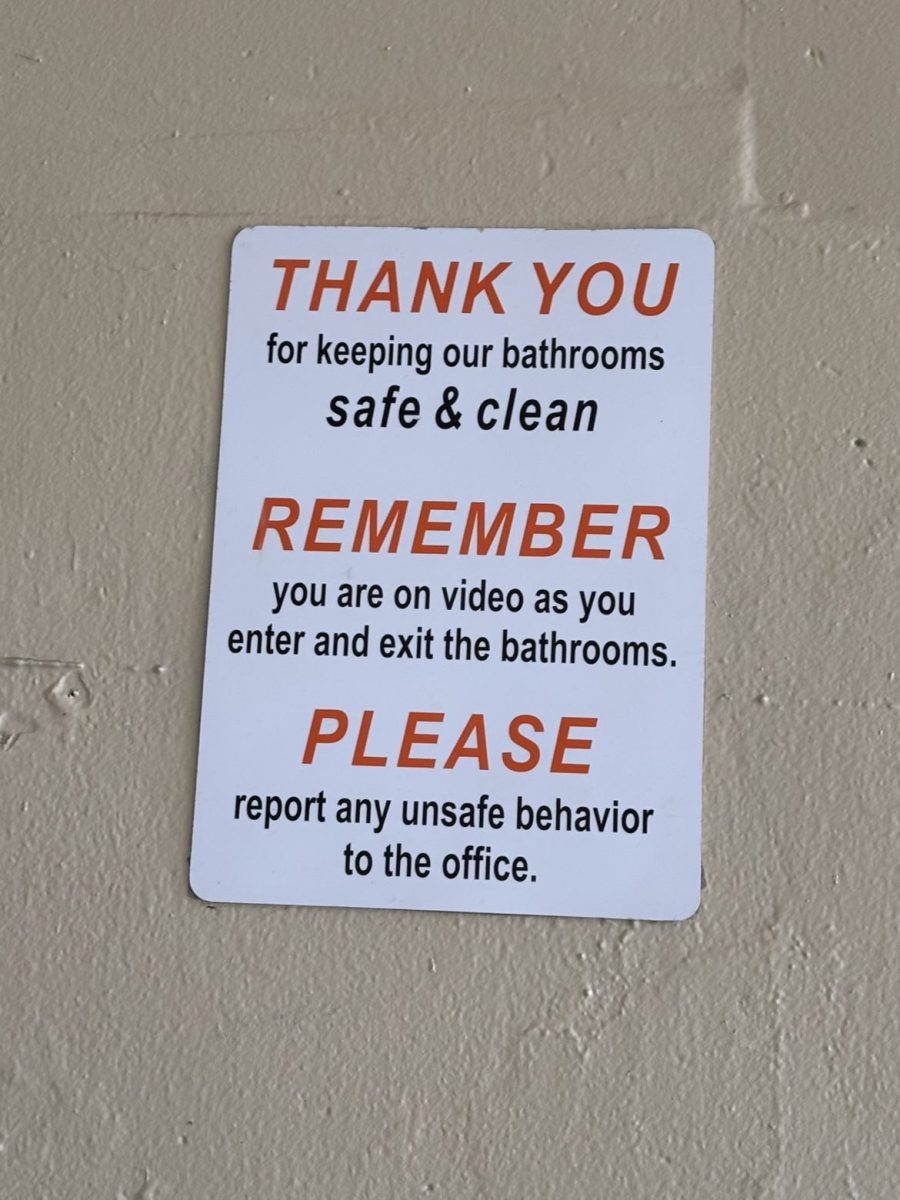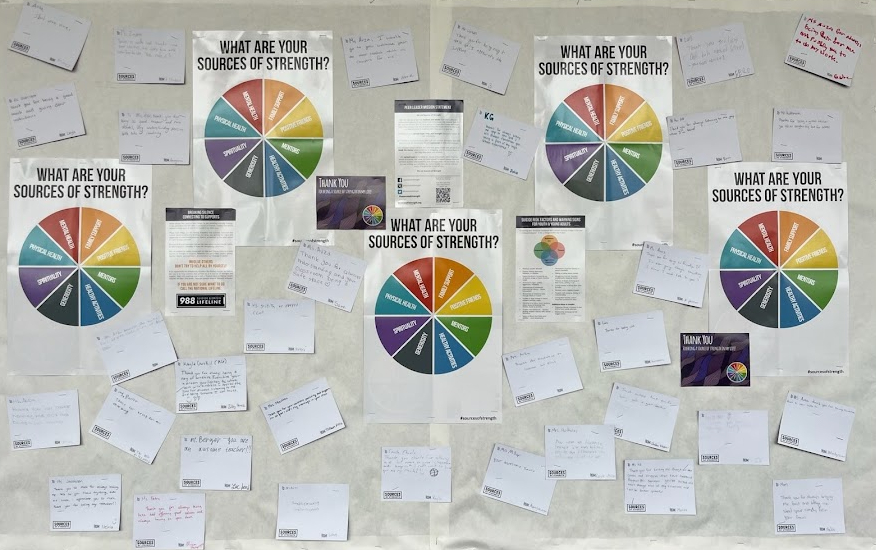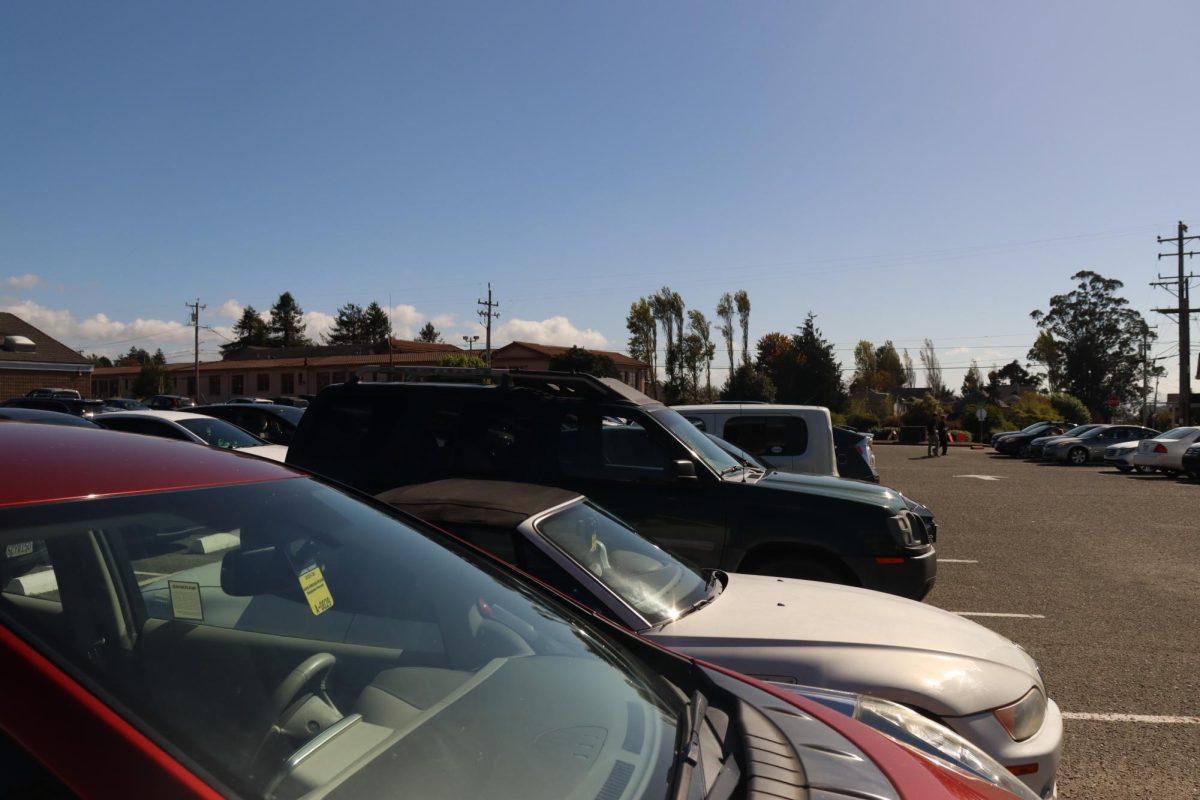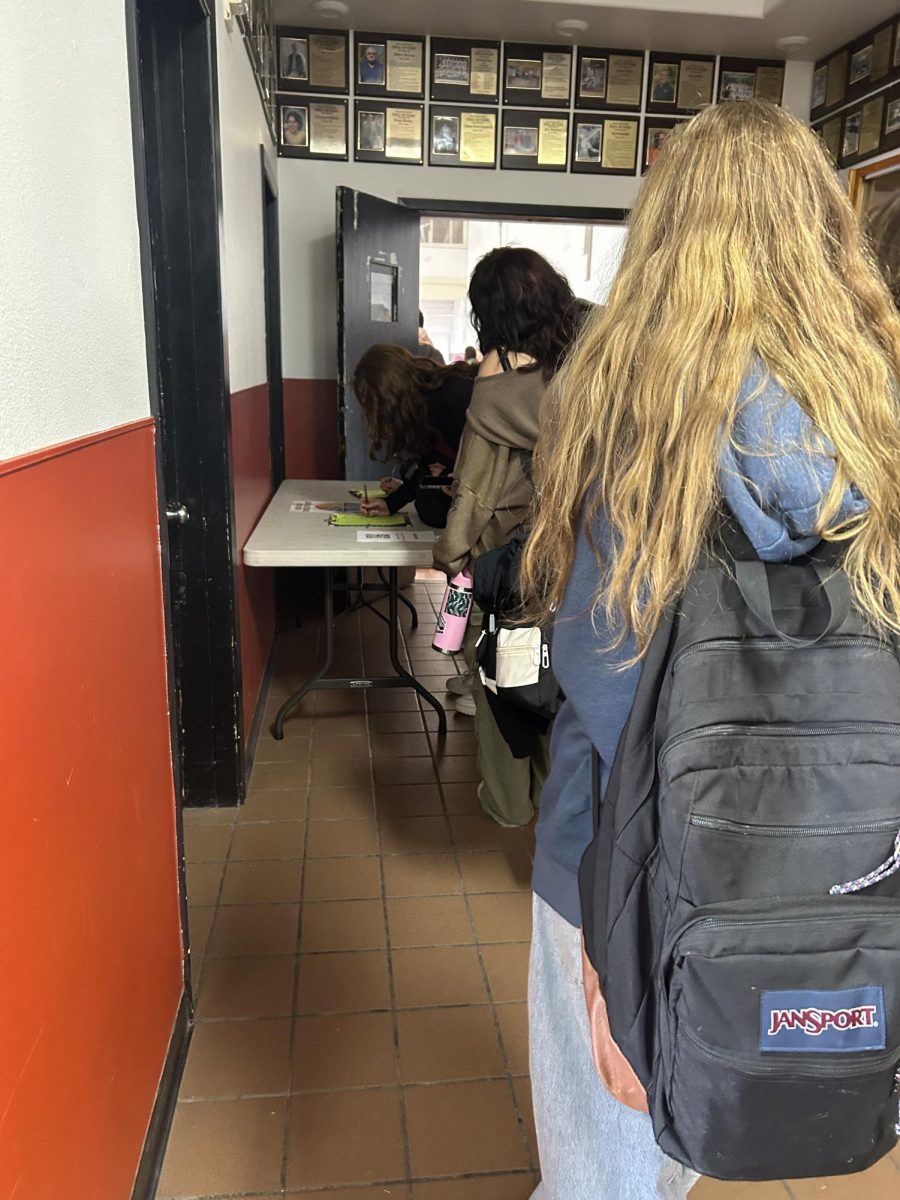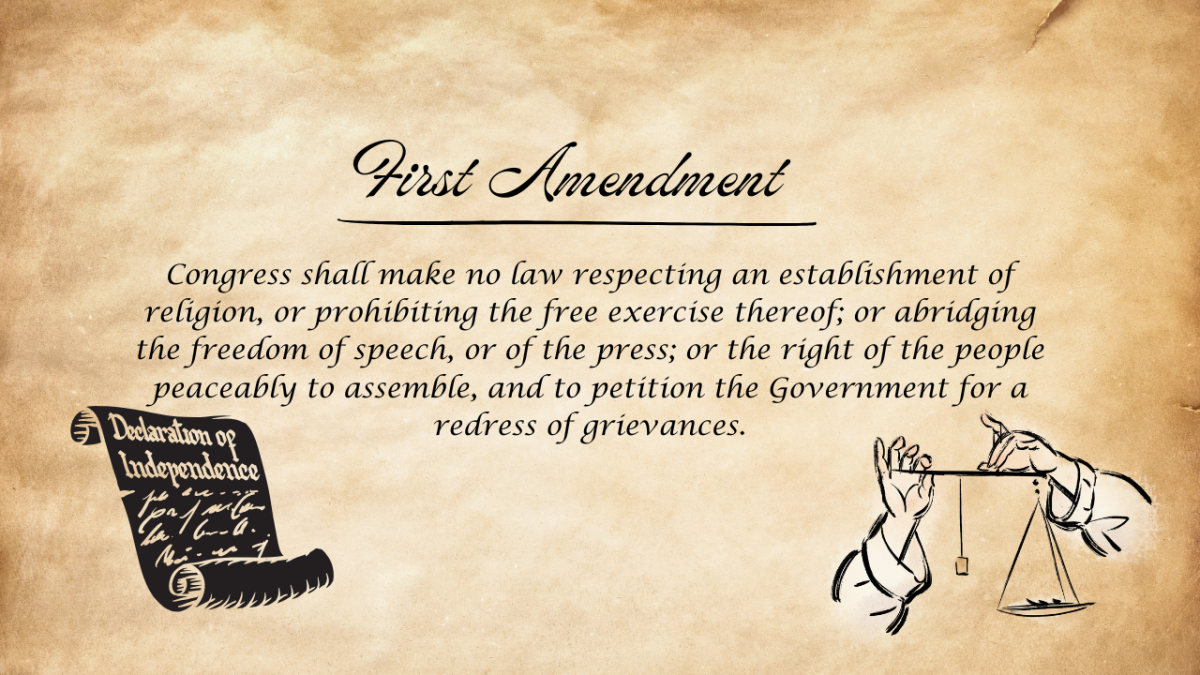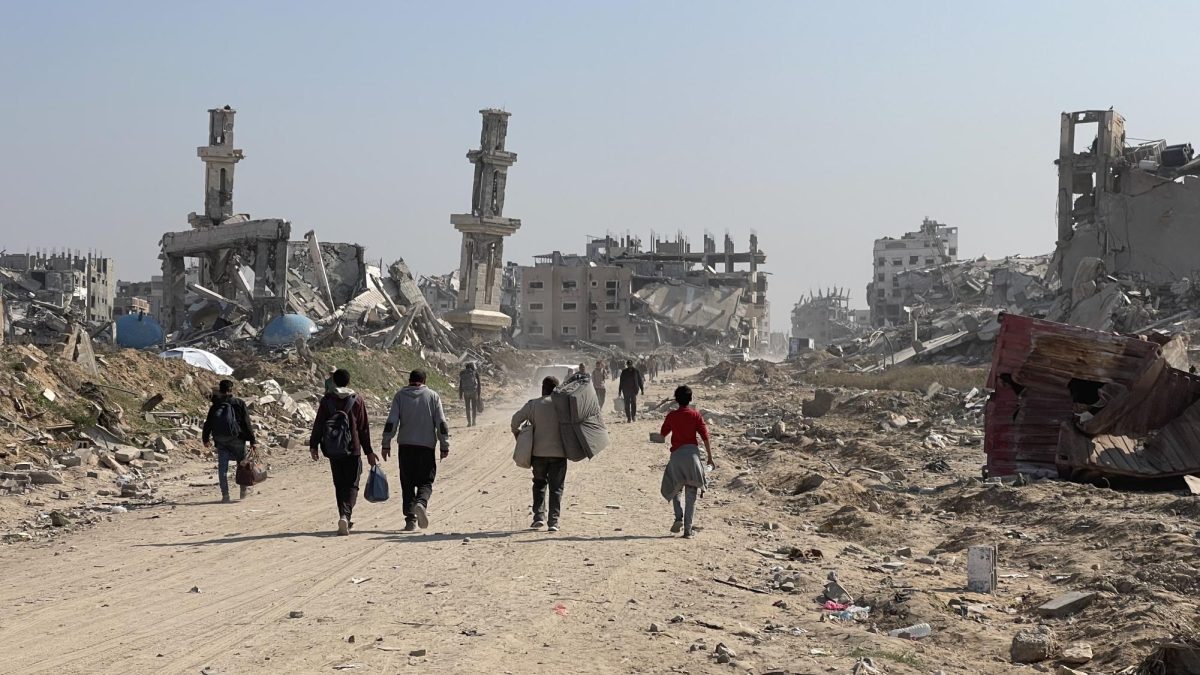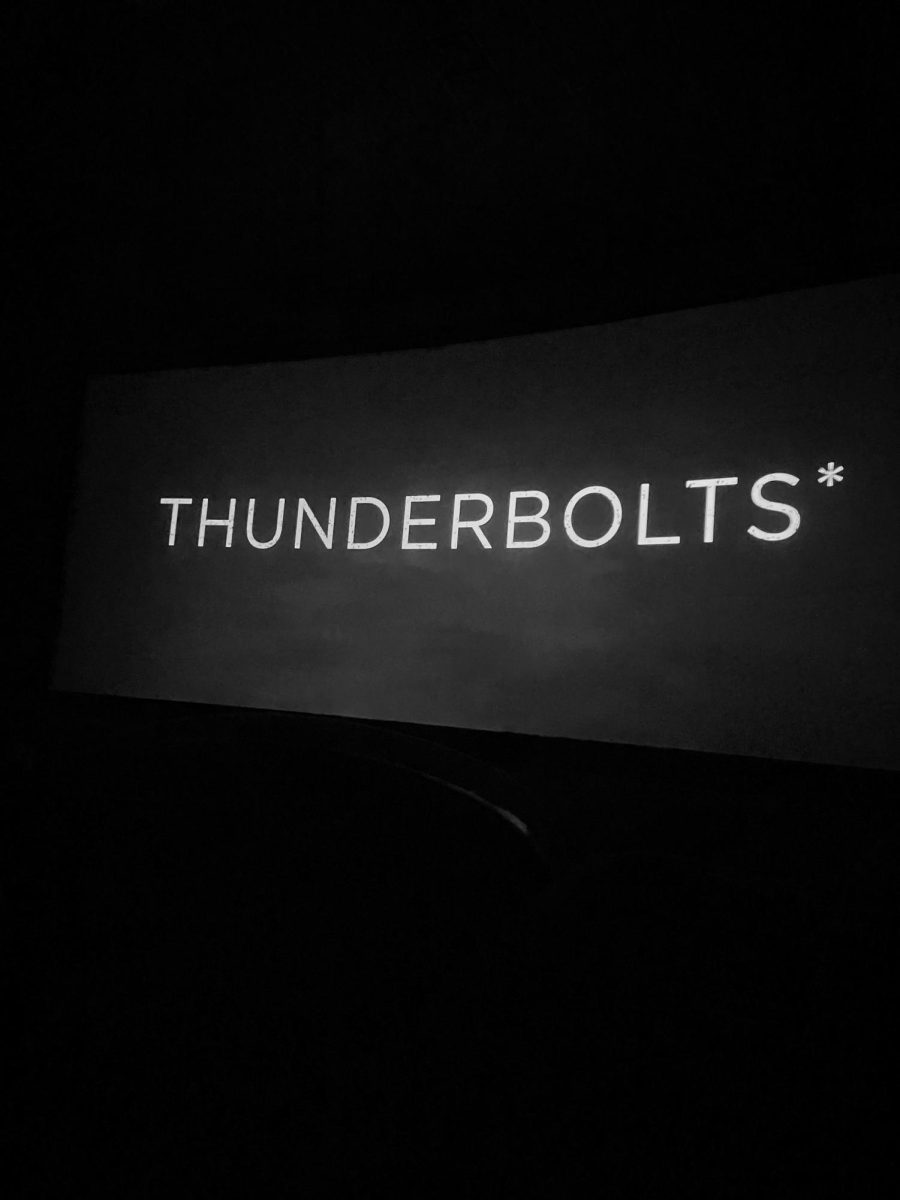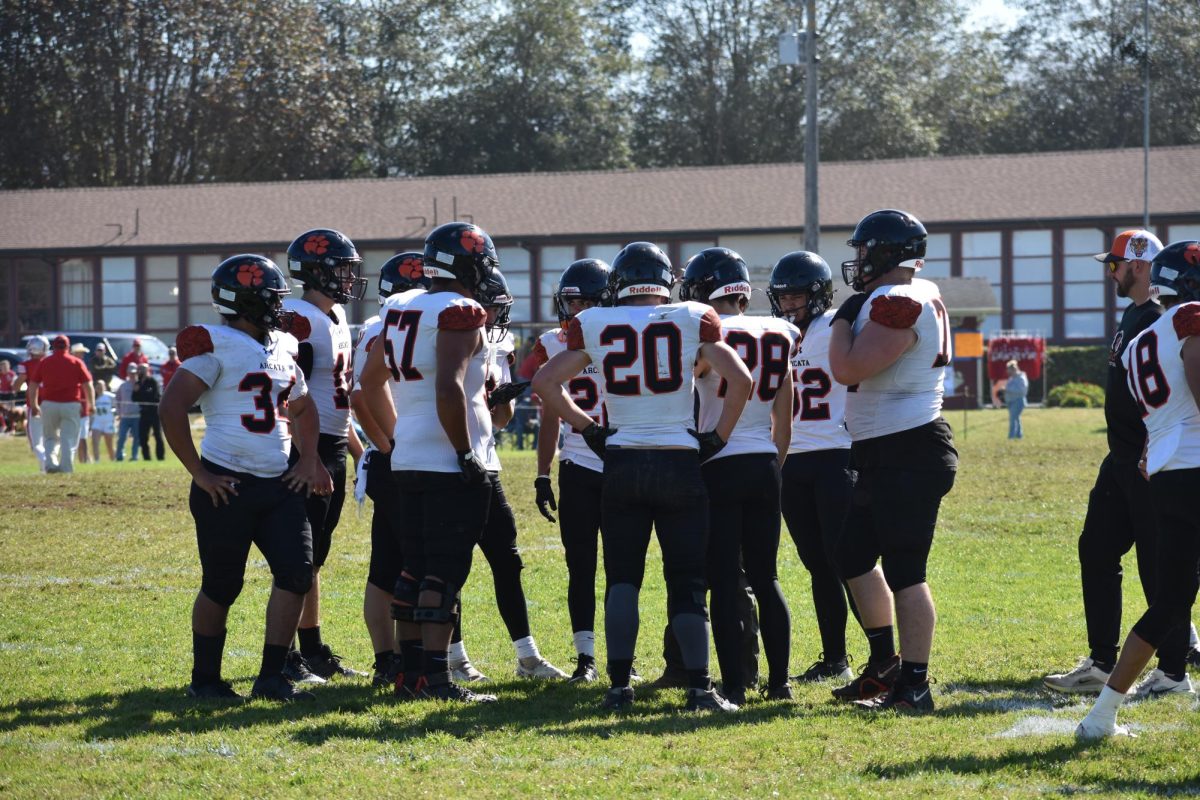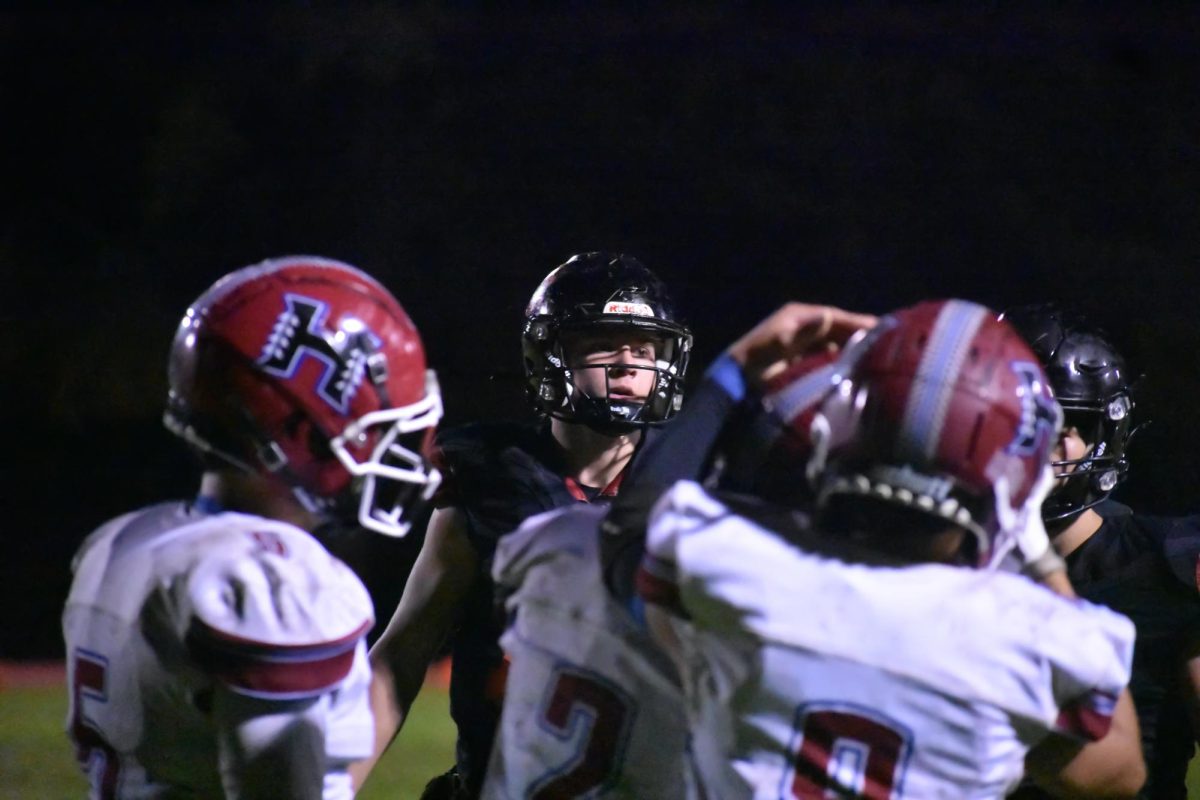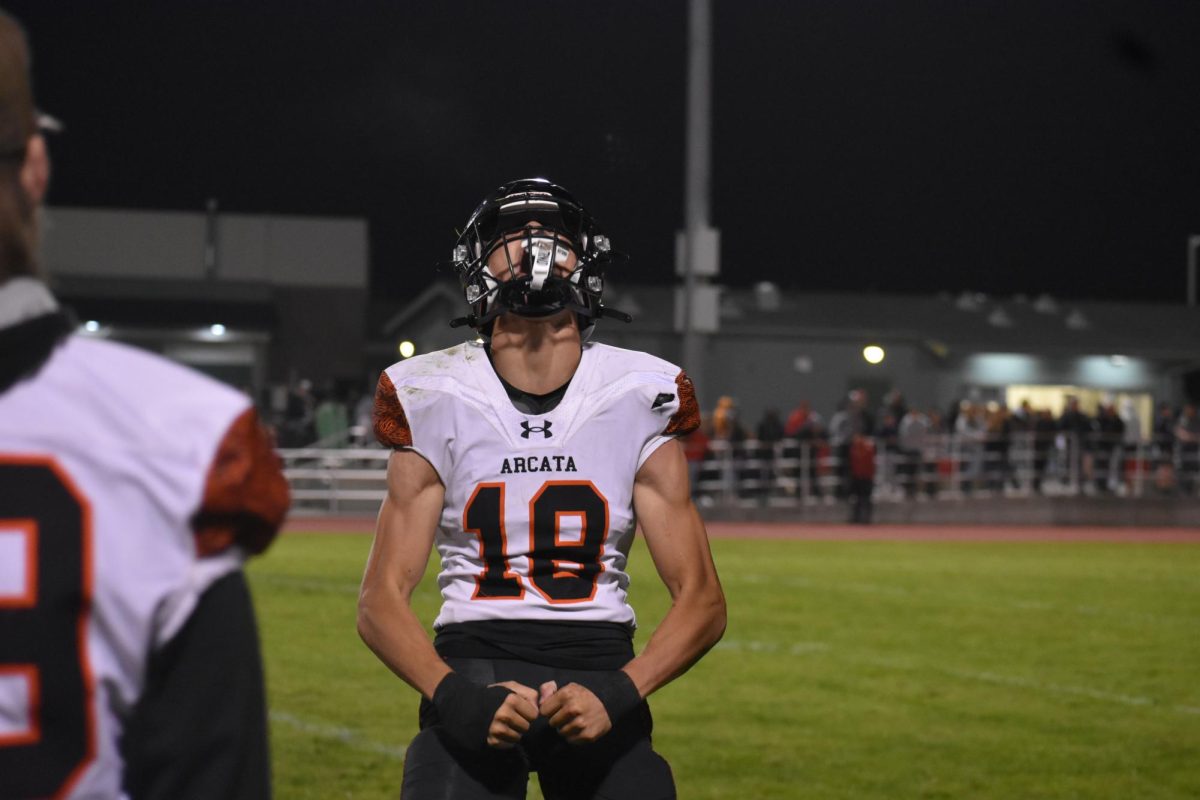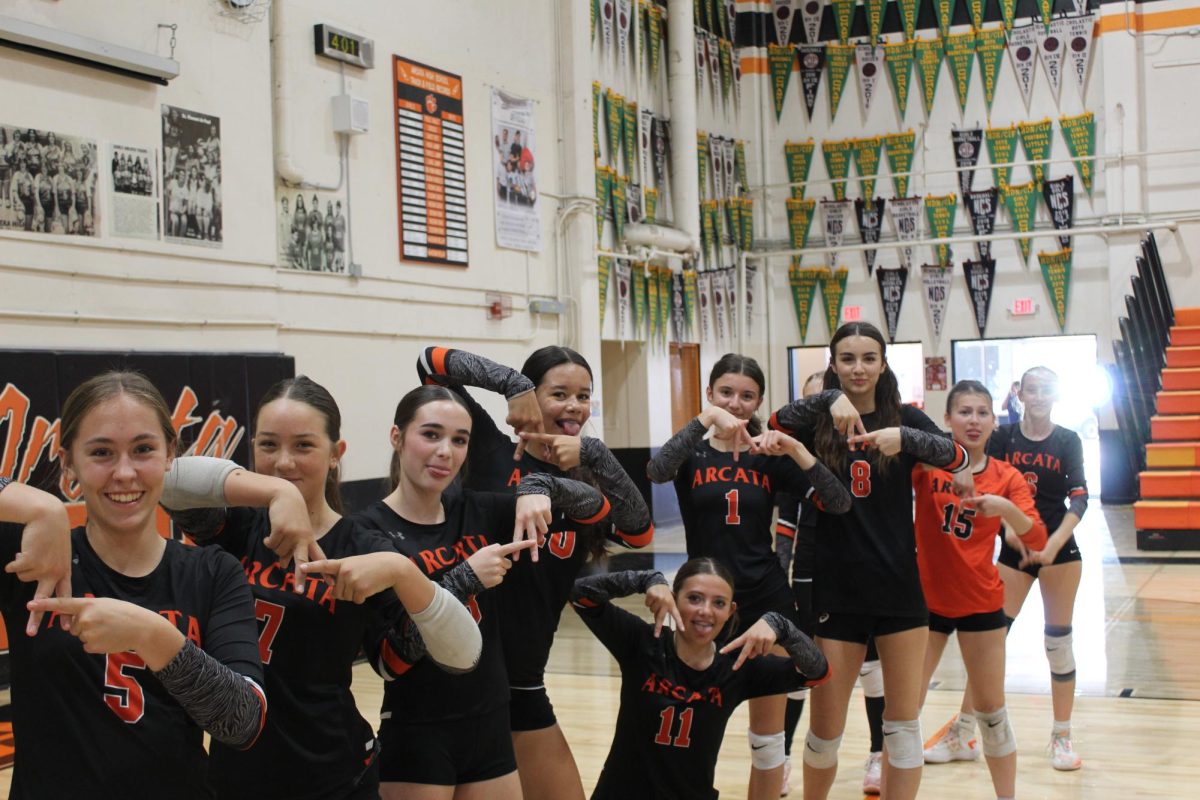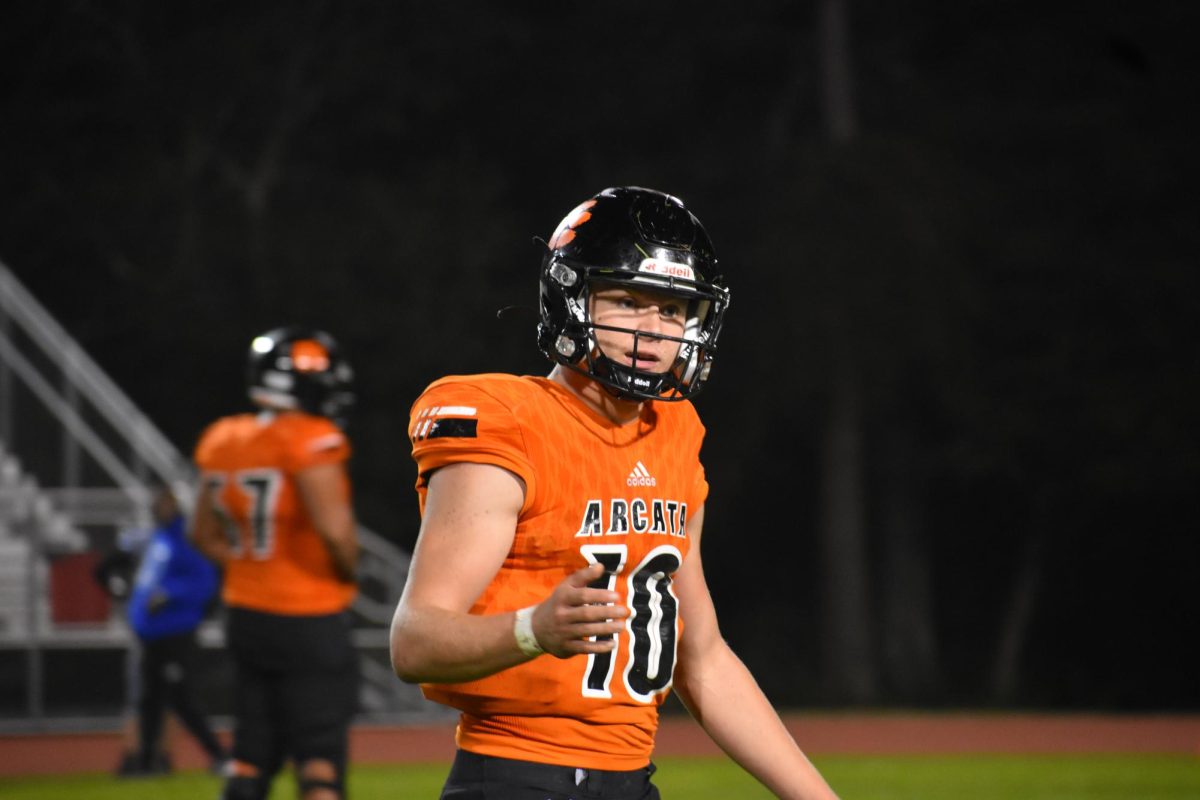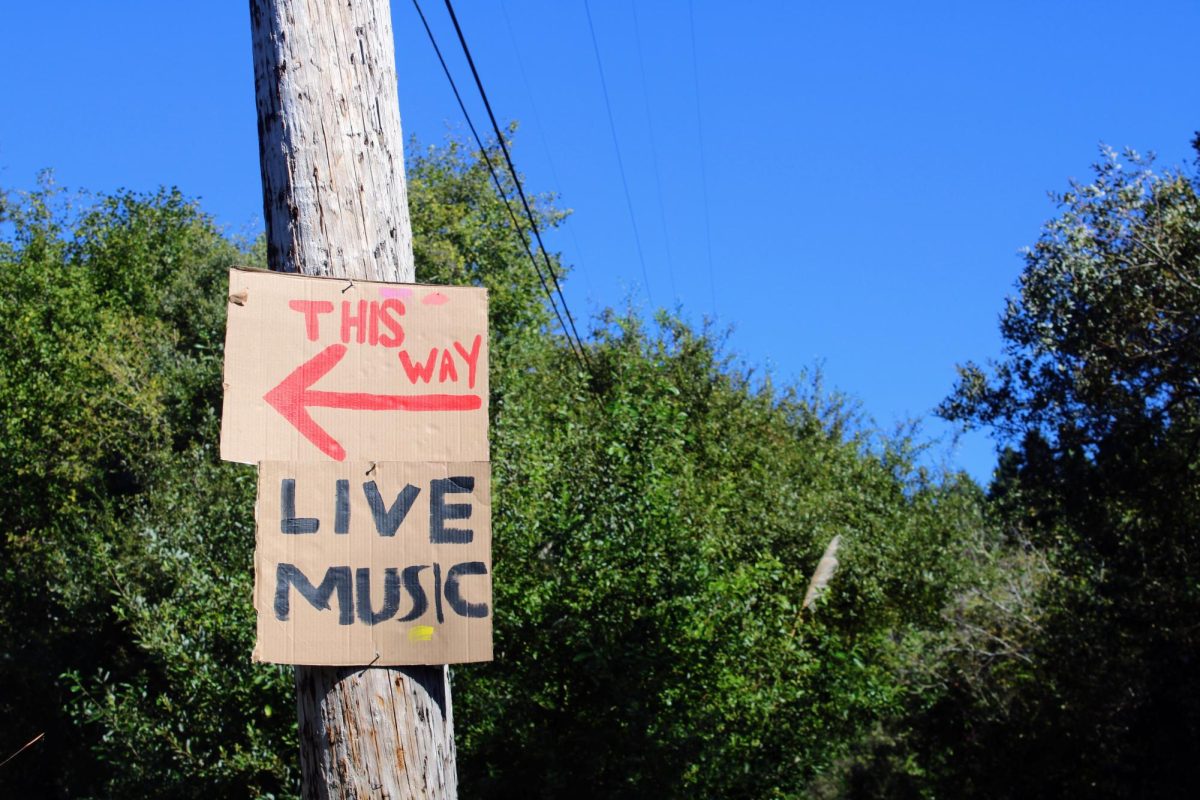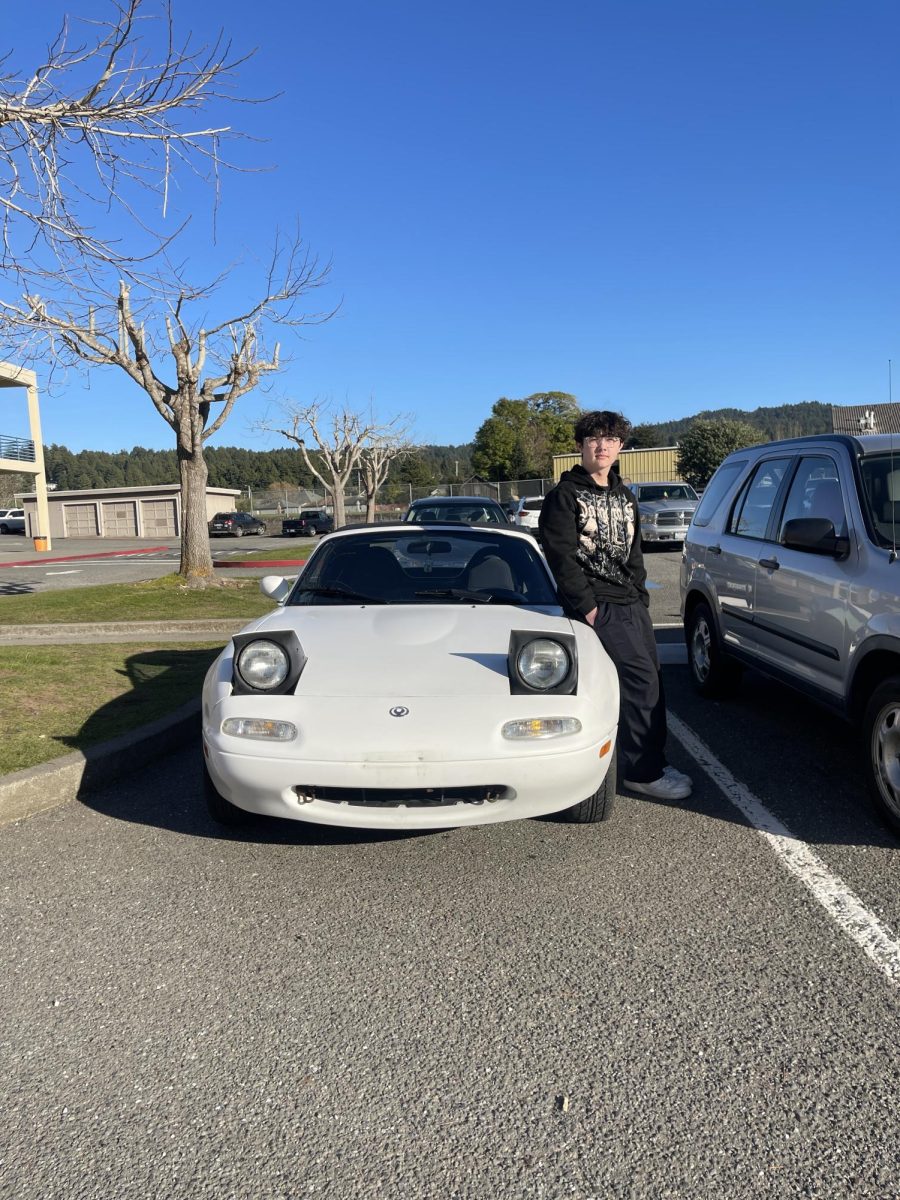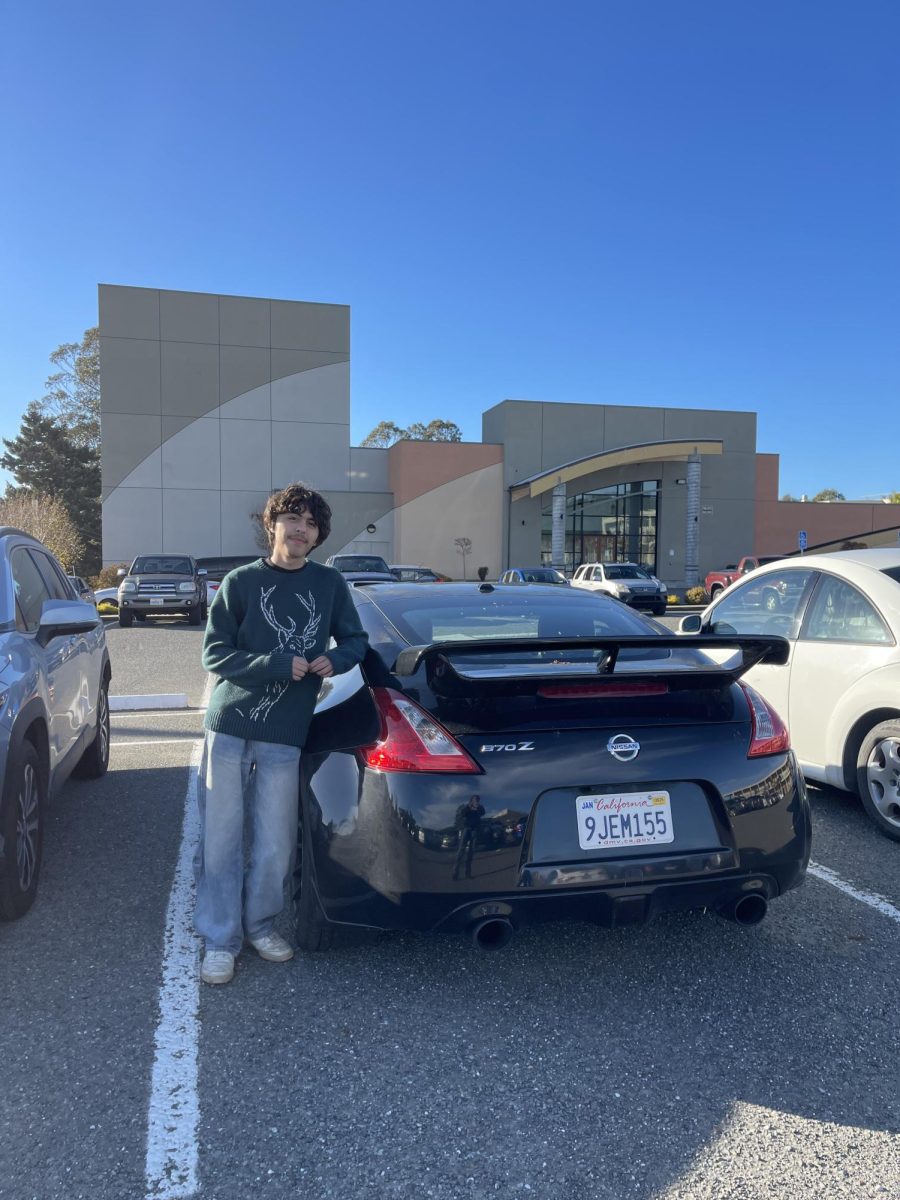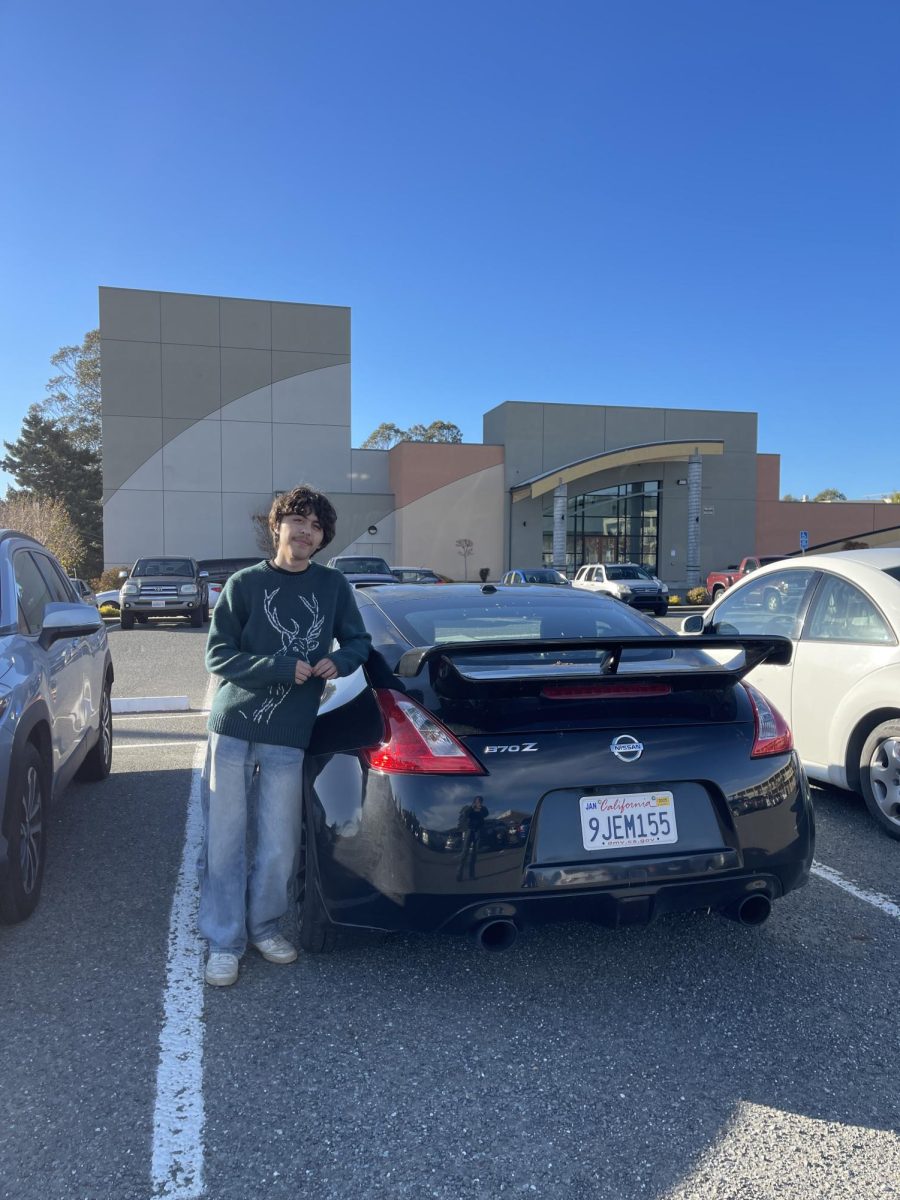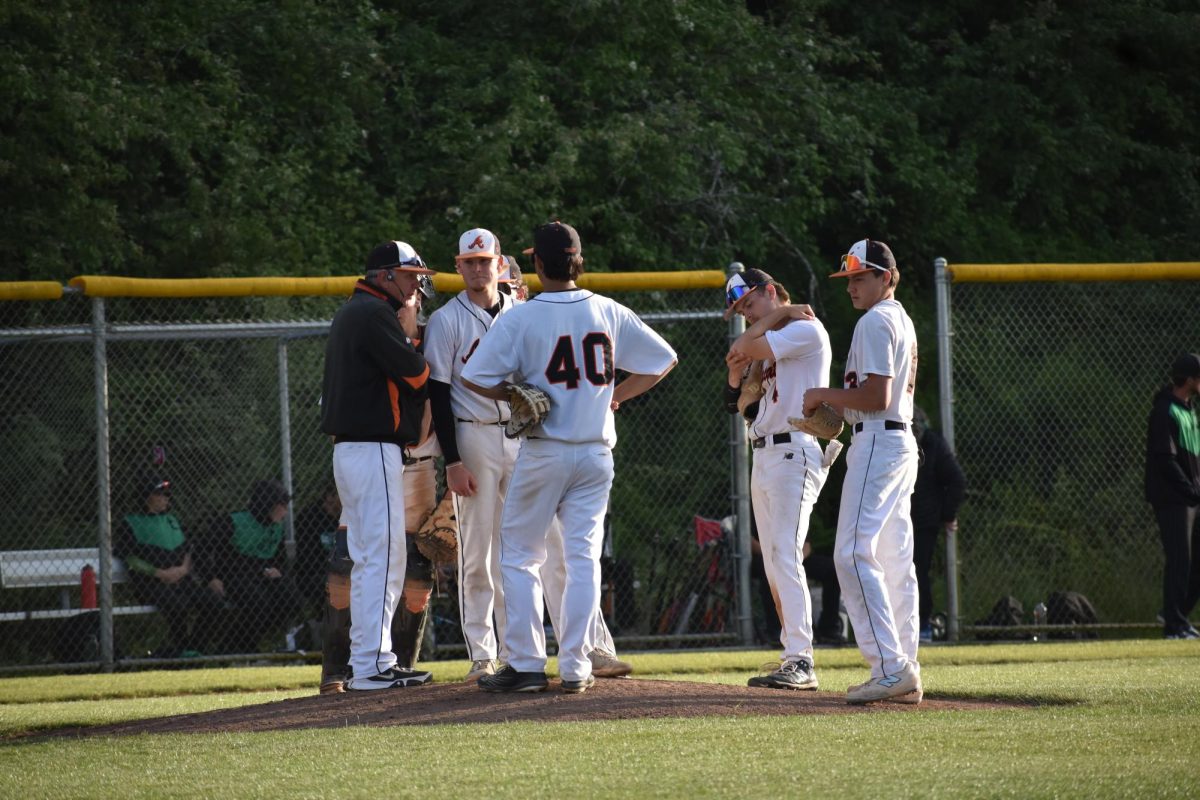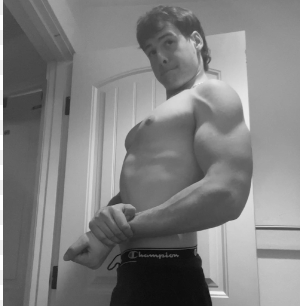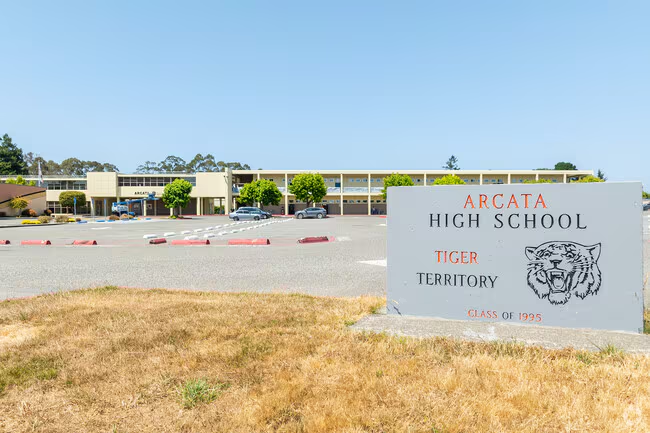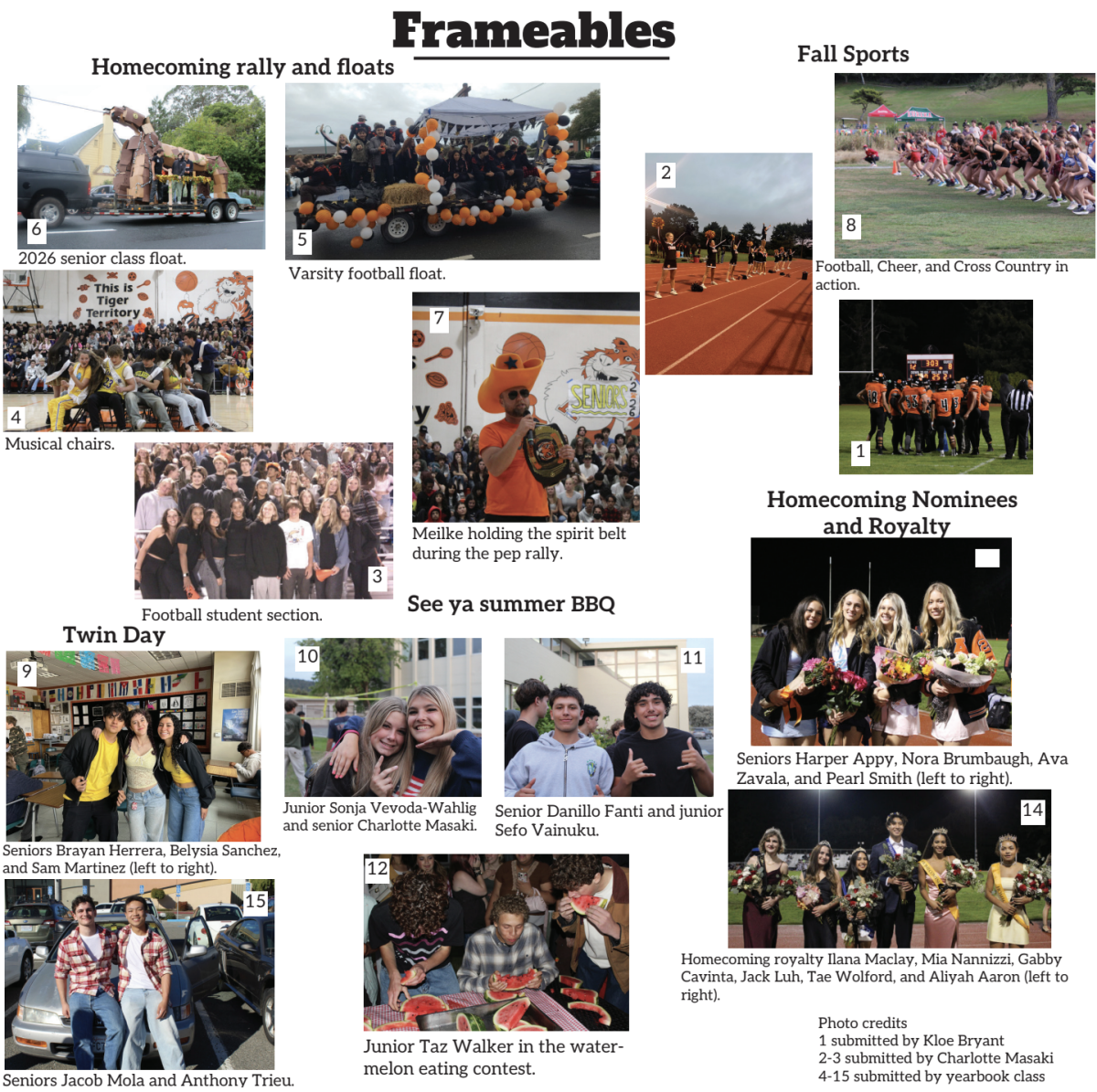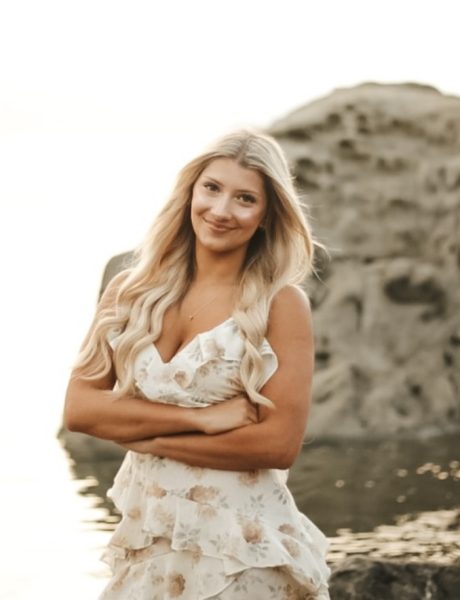The recent death of Turning Point USA founder Charlie Kirk shocked the nation. Mainly, the younger generation, who composed the majority of his audience. Turning Point USA (TPUSA) is a nonprofit organization that intends to “identify, educate, train, and organize students to promote the principles of fiscal responsibility, free markets, and limited government” in high schools and colleges.
Since its founding in 2012, the organization has had a profound impact on students nationally, with over 850 chapters officially enrolled in the organization. The views of the TPUSA organization, and Charlie Kirk himself have been highly disputed, and even more intensely following his death. Locally, a group of students took initiative to bring TPUSA to the McKinleyville High School campus. MHS students took initiative to create the chapter last fall with status pending, yet the issue now has heightened relevance due to the recent death of the organization’s founder, Charlie Kirk.
In Humboldt County, long recognized for its progressive culture, the emergence of this conservative club on McKinleyville High School campus spurred nuanced opinions regarding the balance between freedom of speech and creation of inclusive environments. Just down the road, Cal Poly Humboldt hosts an active Turning Point chapter on campus that was established in 2019. Representatives from the group declined an interview or to provide commentary at this time in regards to current public scrutiny.
There are conflicting opinions as to why the MHS club has taken so long to be approved by the Associated Student Body (ASB), with the main concerns being criticism from parents and community members.
“We’ve heard from students, faculty, and parents that have concerns about the club,” Northern Humboldt Union High School Superintendent Roger MacDonald said. “Mr. Dutra has met with the people who have concerns and the club advisor to discuss the importance of safety and upholding our norms which at Arcata and McKinleyville High includes a focus on inclusion. That’s important to us in our school district.”
Charlie Kirk was widely criticized for racist, homophobic, and transphobic statements made at TPUSA events. It could be argued that, because of these allegations against the club’s founder, TPUSA violates the NOHUM notice of discrimination, which states that they do not “discriminate on the basis of race, color, national origin, sex, or disability in its program or activities.”
On the contrary, Vice-President of the MHS Turning Point chapter, Nick Bedford, states that these concerns stem from ignorance.
“I don’t think parents and community members who have an issue with it fully understand what the group is about and haven’t done their research,” he said. “I’m sure everyone has seen the videos of Charlie Kirk arguing and they might not agree with him, but that’s not what the organization Turning Point USA in a school does. They don’t see the learning portion of it.”
Bedford highlights the importance of educating high school students who will be able to vote soon, or may already be able to vote, about constitutional rights, state and federal laws, and have a space to talk about politics.
ASB not approving the TPUSA chapter could be interpreted as an act of political censorship and a violation of The Equal Access Act of 1984. The act states that, legally, any public school that has more than one “non-curricular” club cannot discriminate on the basis of “religious, political, [or] philosophical” speech.
Bedford denies any claims of any discrimination by the group, and emphasizes that “everyone is welcome here.”
Macdonald believes that the ASB and administration’s concerns regarding the approval of this club are unrelated to politics.
“The bigger conversation is what we’re trying to do as a school district. I’m proud that on all of our campuses we are creating safe and inclusive spaces for our students,” Macdonald said. “When people talk about the diversity in political thought, that’s important, but it’s also wrapped into emphasis on all of our diversity, whether it’s ability, identity, race, [or] ethnicity.”
The law regarding the school’s ability to regulate groups that disrupt the learning environment houses a gray area. The trouble arises in defining what constitutes protecting safety, and what infringes on students rights to freedom of speech and political expression.
As of early October, ASB and the MHS administration have not made a final decision. “They’re almost there,” MacDonald said.

